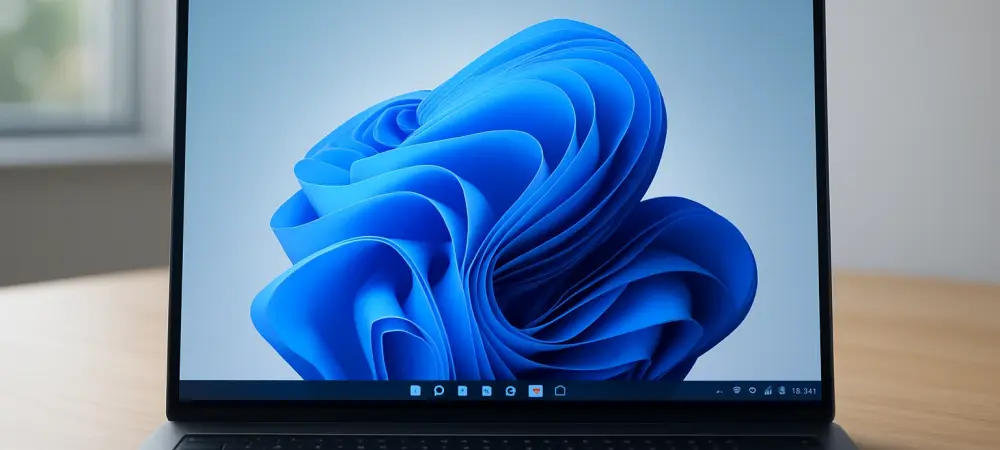In a rapidly evolving digital landscape, the transition from Windows 10 to Windows 11 has become an urgent priority for organizations and individuals alike. As the UK’s National Cyber Security Centre (NCSC) issues a stark warning, the cessation of Windows 10 support looms over cybersecurity strategies, prompting users to rethink their reliance on outdated systems. This major shift is motivated by rising cyber threats, as unpatched operating systems form a high-risk investment that demands immediate resolution. This article explores the importance, implications, and intricacies of migrating to Windows 11, setting the stage for a secure future.
Rise in Windows 11 Adoption
Adoption Rates and Trends
Recent data highlights the steady incline in Windows 11 adoption rates, illustrating a significant shift as the deadline nears for Windows 10’s support termination. As of now, millions of users have transitioned to the latest OS version, reflecting concerns about cyber vulnerabilities. Key reports from notable cybersecurity organizations emphasize these trends, urging timely upgrades to protect personal and organizational data from impending threats.
Implementation Success Stories
Numerous sectors are witnessing successful Windows 11 implementations, showcasing the OS’s enhanced security and functionality. These real-world examples range from educational institutions to financial enterprises, each experiencing increased performance and resilience. Case studies, such as those from high-profile businesses, demonstrate how the adoption of Windows 11 has mitigated risks, offering invaluable insights into successful transitions.
Insights from Industry Experts
The importance of transitioning to Windows 11 isn’t just a technical consideration; it’s a mindset change addressed by industry experts. Prominent voices in the field emphasize that upgrading is crucial for safeguarding against threats that exploit outdated systems. They share their views on challenges posed by the transition, including hardware compatibility and adaptation periods, while recognizing the potential impacts on cybersecurity frameworks.
Operating Systems Evolution
Future of Windows 11
Looking toward the future, Windows 11 is set to become a cornerstone for both individuals and enterprises. Its advanced capabilities promise security innovations alongside practical enhancements, catering to diverse user needs. From virtual-based security to user-friendly interfaces, the OS prepares to address evolving digital demands, offering new opportunities and confronting inherent challenges.
Implications Across Sectors
Windows 11’s broader implications span various industries, revolutionizing workflows and bolstering cybersecurity strategies. With superior security measures such as BitLocker encryption, businesses can protect sensitive data with unparalleled effectiveness. This transition encourages startups and established companies alike to invest in robust solutions, driven by an increasingly digital economy.
Conclusion and Future Steps
Reflecting on the trend’s impact, transitioning to Windows 11 was vital for maintaining cybersecurity resilience in a dynamic technological environment. The urgency of upgrading was underscored by impending risks associated with outdated systems, steering many toward enhanced security features. Looking ahead, organizations are expected to prioritize complete adoption to safeguard data and operations. As the digital world continues to evolve, investing in supported software aligns with broader cybersecurity goals and promises enduring benefits across various sectors.

